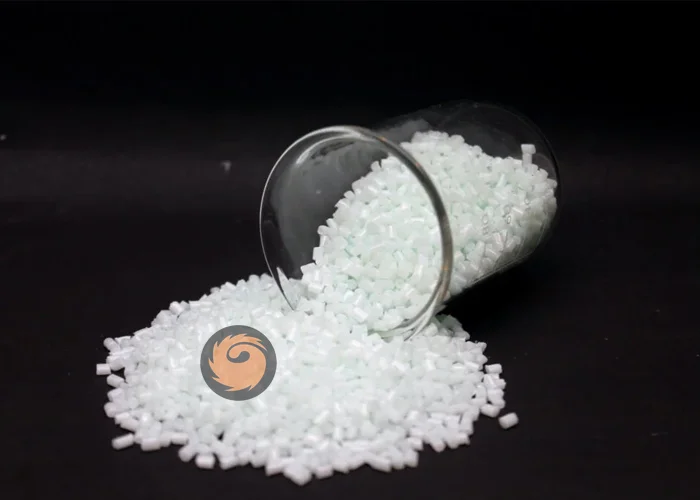Food grade white masterbatch is primarily used in industries that require safe and high-quality plastic packaging for food and pharmaceuticals, as well as in the production of household goods and medical devices. Specifically, it's used in food packaging (containers, bottles, bags), pharmaceutical packaging, and for household items like appliances and containers. It's also used in medical devices due to its biocompatibility and regulatory safety.Here are the main industries:
 So,food grade white masterbatch is widely used in industries where plastic materials come into direct or indirect contact with food, beverages, or pharmaceuticals, and therefore must comply with safety and regulatory standards such as FDA, EU, or LFGB.
So,food grade white masterbatch is widely used in industries where plastic materials come into direct or indirect contact with food, beverages, or pharmaceuticals, and therefore must comply with safety and regulatory standards such as FDA, EU, or LFGB.
1. Food & Beverage Packaging Industry
- Rigid packaging: yogurt cups, dairy containers, ice cream tubs, juice bottles, water jugs, condiment jars.
- Flexible packaging: bread bags, snack pouches, candy wrappers, multilayer films, frozen food packaging.
- Disposable items: cutlery, plates, trays, cups, lids.
2. Bottled Water & Beverage Industry
- PET, HDPE, and PP bottles for water, milk, juices, and carbonated drinks.
- Bottle caps and closures requiring safe, opaque white color.
3. Dairy & Confectionery Industry
- Milk bottles, cheese wrapping films, chocolate and candy packaging.
- White masterbatch provides UV protection to prevent spoilage of sensitive dairy products.
4. Pharmaceutical & Healthcare Industry
- Medicine bottles, blister packs, pill containers, syringes, and medical-grade films.
- Ensures non-toxicity, high purity, and compliance with strict safety standards.
5. Household & Personal Care Packaging
- Packaging for cosmetics, shampoos, lotions, detergents, and cleaning products that require FDA-approved safe plastics.
6. Agricultural Industry (Food-Related Applications)
- Greenhouse films, mulching films, food storage crates, and agricultural packaging.
- Food grade masterbatch is used when there’s a chance of direct food contact.

